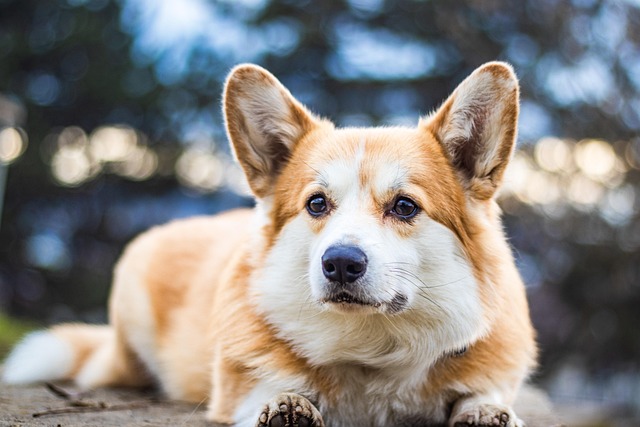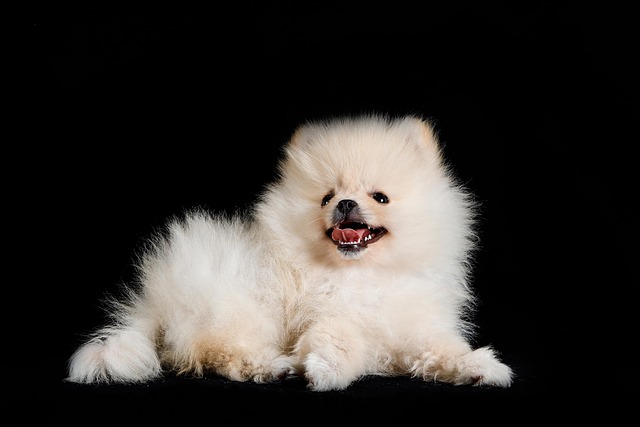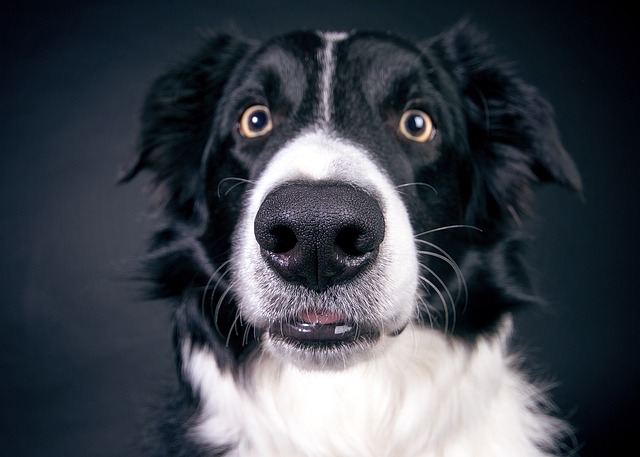
How to test for tetanus in dogs?
Tetanus in dogs often starts with subtle signs most owners miss—like a stiff jaw when grabbing a favorite chew toy or hesitation to climb stairs they once bounded up.
As a pet owner, you've probably wondered about the best timing for your dog's water intake, especially when you're dealing with those midnight bathroom breaks. The truth is, managing when your dog drinks water can significantly impact both their health and your household's sleep quality. While proper hydration remains absolutely crucial for your furry friend's wellbeing, the timing of that hydration deserves more attention than most pet parents realize.
Understanding dog water intake timing isn't just about convenience – it's about creating a balanced routine that supports your dog's natural rhythms while preventing unnecessary disruptions to their rest. When we consider that dogs, like humans, benefit from uninterrupted sleep cycles, the connection between late-night water consumption and frequent urination becomes a genuine concern worth addressing.
Every dog has unique hydration requirements that depend on several interconnected factors. Size plays a primary role – a Great Dane naturally requires more water than a Chihuahua, but the timing principles remain surprisingly consistent across breeds. Activity level dramatically influences these needs too. Dogs who spend their days running, playing, or working outdoors will naturally require more frequent water access than their more sedentary counterparts.
Age brings its own considerations into the equation. Puppies, with their developing kidneys and smaller bladders, process water differently than mature dogs. Senior dogs might experience changes in kidney function that affect how they handle hydration. I've noticed that many older dogs develop a tendency to drink more water in the evening, which can be particularly challenging for maintaining consistent sleep schedules.
Signs of proper hydration include a moist nose, healthy gums that spring back quickly when pressed, and normal energy levels. However, excessive water intake – especially when concentrated in the evening hours – can signal underlying health issues or simply indicate a need for schedule adjustment. Dogs who suddenly increase their water consumption or seem constantly thirsty deserve veterinary evaluation to rule out conditions like diabetes or kidney disease.
The impact of late-night water drinking extends beyond simple inconvenience. When dogs consume large amounts of water close to bedtime, their bodies naturally process this fluid, leading to increased urine production during sleep hours. This biological response can create a cycle where both you and your dog experience fragmented rest, affecting overall well-being and behavioral patterns.
Sleep quality in dogs directly correlates with their physical and mental health. Frequent interruptions for bathroom breaks can lead to anxiety, confusion, and even behavioral regression in house-trained dogs. I've worked with many families where addressing water intake timing resolved not only nighttime accidents but also improved their dog's daytime behavior and energy levels.
From a physiological perspective, dogs' kidneys work continuously to filter waste and maintain proper electrolyte balance. When water intake is heavily concentrated in the evening, these organs must work harder during natural rest periods, potentially contributing to long-term health concerns. The optimal approach involves distributing water intake throughout the day, with strategic reduction as bedtime approaches.
Veterinary professionals generally recommend that dogs stop drinking water approximately 2-3 hours before bedtime. This timeframe allows the body to process existing fluids while preventing the bladder from becoming overly full during sleep hours. However, this guideline requires adjustment based on individual circumstances and should never compromise your dog's access to water when genuinely needed.
For active dogs or those living in warmer climates, the timing becomes more nuanced. These dogs may require water access closer to bedtime due to increased fluid loss through panting and exercise. In such cases, offering smaller, controlled amounts of water rather than free access can help balance hydration needs with sleep quality concerns.
Different life stages demand modified approaches to water intake timing. Puppies under six months old typically need more frequent access to water and may not be able to hold their bladder for extended periods regardless of water restriction. Senior dogs might benefit from slightly earlier water cutoff times due to potential kidney function changes and reduced mobility that makes nighttime bathroom trips more challenging.
Breed-specific considerations also influence optimal timing. Brachycephalic breeds like bulldogs and pugs may need water access closer to bedtime due to their increased respiratory effort and tendency to overheat. Conversely, breeds prone to bloat might benefit from more structured water schedules that prevent rapid consumption of large quantities.
Creating an effective water intake schedule begins with establishing consistent meal times, as dogs naturally drink more water after eating. By feeding your dog their final meal of the day 3-4 hours before bedtime, you create a natural tapering of water consumption that supports better sleep patterns.
Monitoring your dog's individual patterns proves invaluable in developing the right schedule. Keep track of when your dog typically drinks water, how much they consume, and their bathroom habits. This information helps you identify the optimal cutoff time that maintains proper hydration while minimizing sleep disruptions.
Environmental factors can significantly impact water intake timing. During hot summer months, dogs may need extended access to water to prevent dehydration and heat stroke. Air conditioning and indoor heating can also affect hydration needs, requiring seasonal adjustments to your water schedule.
For dogs experiencing difficulty with nighttime bathroom control, gradual schedule adjustments work more effectively than sudden changes. Begin by reducing water access 30 minutes earlier each night until you reach the desired schedule. This approach helps your dog adapt without creating stress or health risks.
Remember that preventing nighttime urination in dogs isn't just about water restriction – it's about creating a comprehensive routine that supports their natural biological rhythms. Regular exercise, consistent feeding schedules, and appropriate bedtime routines all contribute to better sleep quality and reduced nighttime disruptions.
When implementing new water schedules, watch for signs of dehydration or distress. If your dog seems excessively thirsty, lethargic, or shows changes in appetite, consult your veterinarian before continuing with restrictions. The goal is always to enhance your dog's comfort and health, never to compromise their well-being.
Managing your dog's water intake timing requires patience, observation, and flexibility. Every dog is unique, and what works perfectly for one might need adjustment for another. The key lies in finding that sweet spot where your dog remains properly hydrated while enjoying restful, uninterrupted sleep. By implementing these evidence-based strategies and remaining attentive to your dog's individual needs, you can create a routine that benefits the entire household while prioritizing your furry friend's health and comfort.

Tetanus in dogs often starts with subtle signs most owners miss—like a stiff jaw when grabbing a favorite chew toy or hesitation to climb stairs they once bounded up.

If you’re a new dog parent in the US—maybe you’re standing in your Ohio apartment’s pet store aisle, holding a bag labeled “senior dog food” while your 8-year-old Dachshund

If you’re a new dog parent to a senior pup in the US—maybe you’re standing in your Florida apartment’s pet food aisle

Pet owners often worry about hidden health risks for their dogs, and toxoplasmosis is one that flies under the radar for many—understanding how dogs pick it up is key to keeping them safe.

If you’re a new dog parent in the US—maybe you’re standing in your Chicago apartment, staring at your 7-month-old Poodle mix, Bella

Tetanus in dogs comes from bacteria entering open wounds—think a deep cut from a rusty fence nail during a walk, or a scraped paw from digging in contaminated soil.